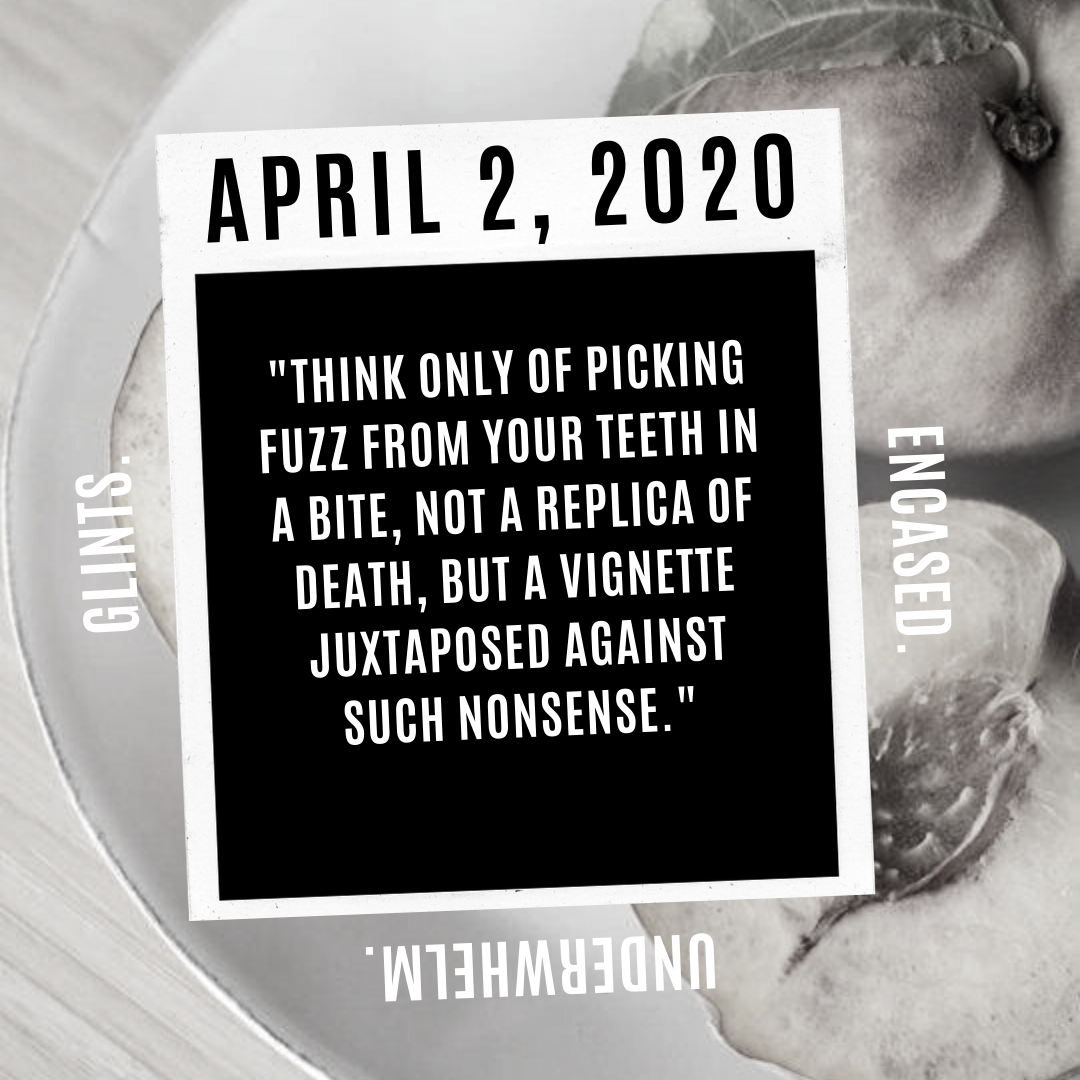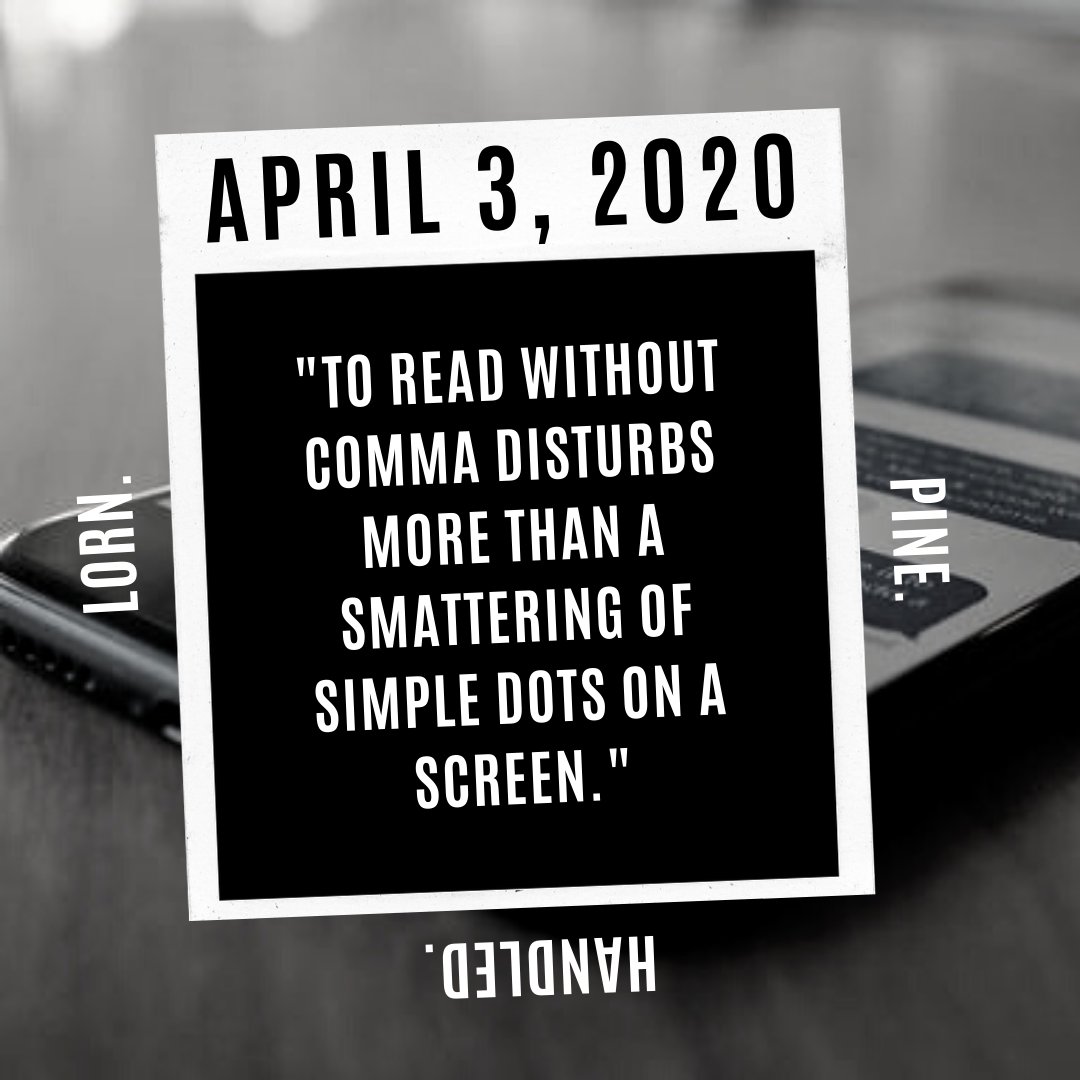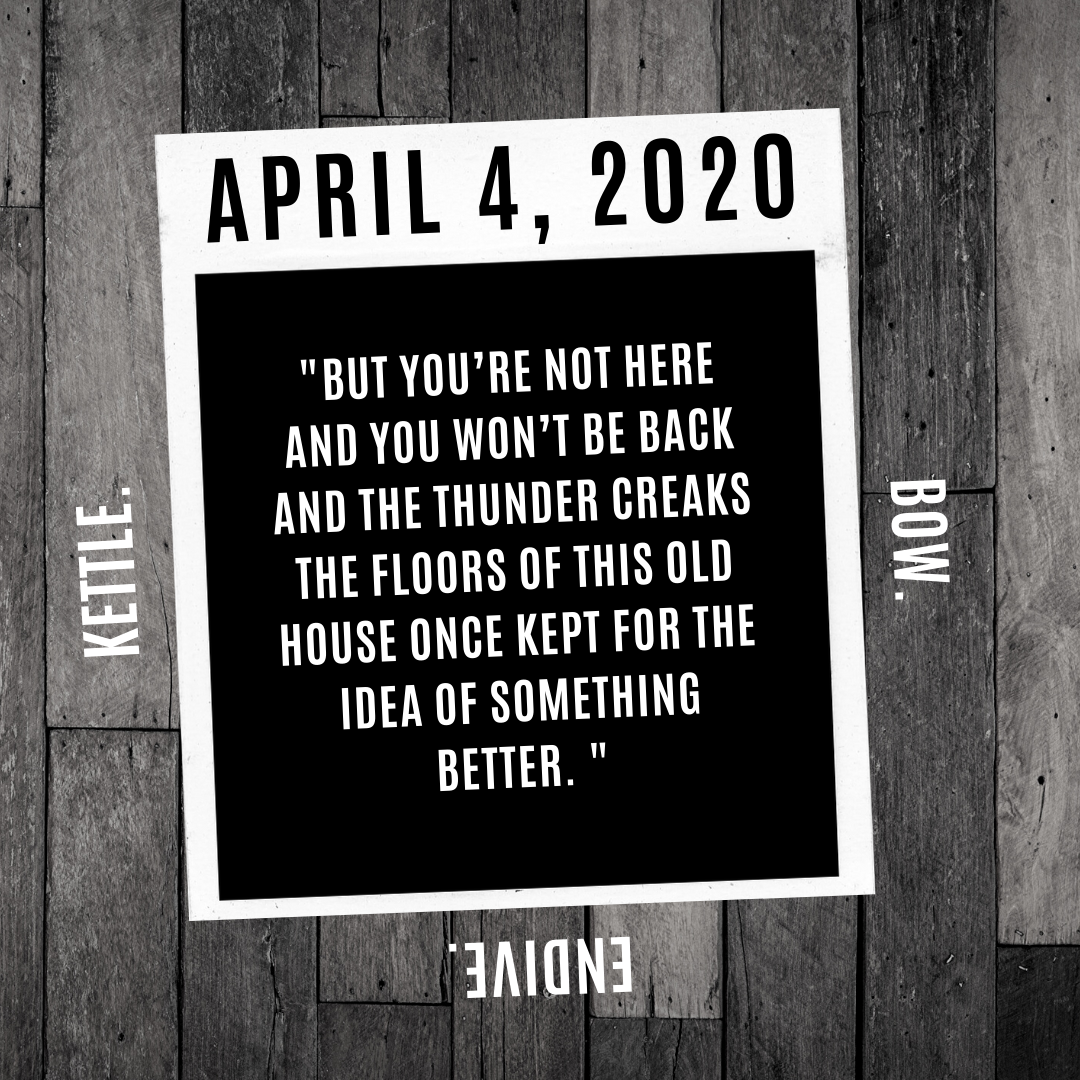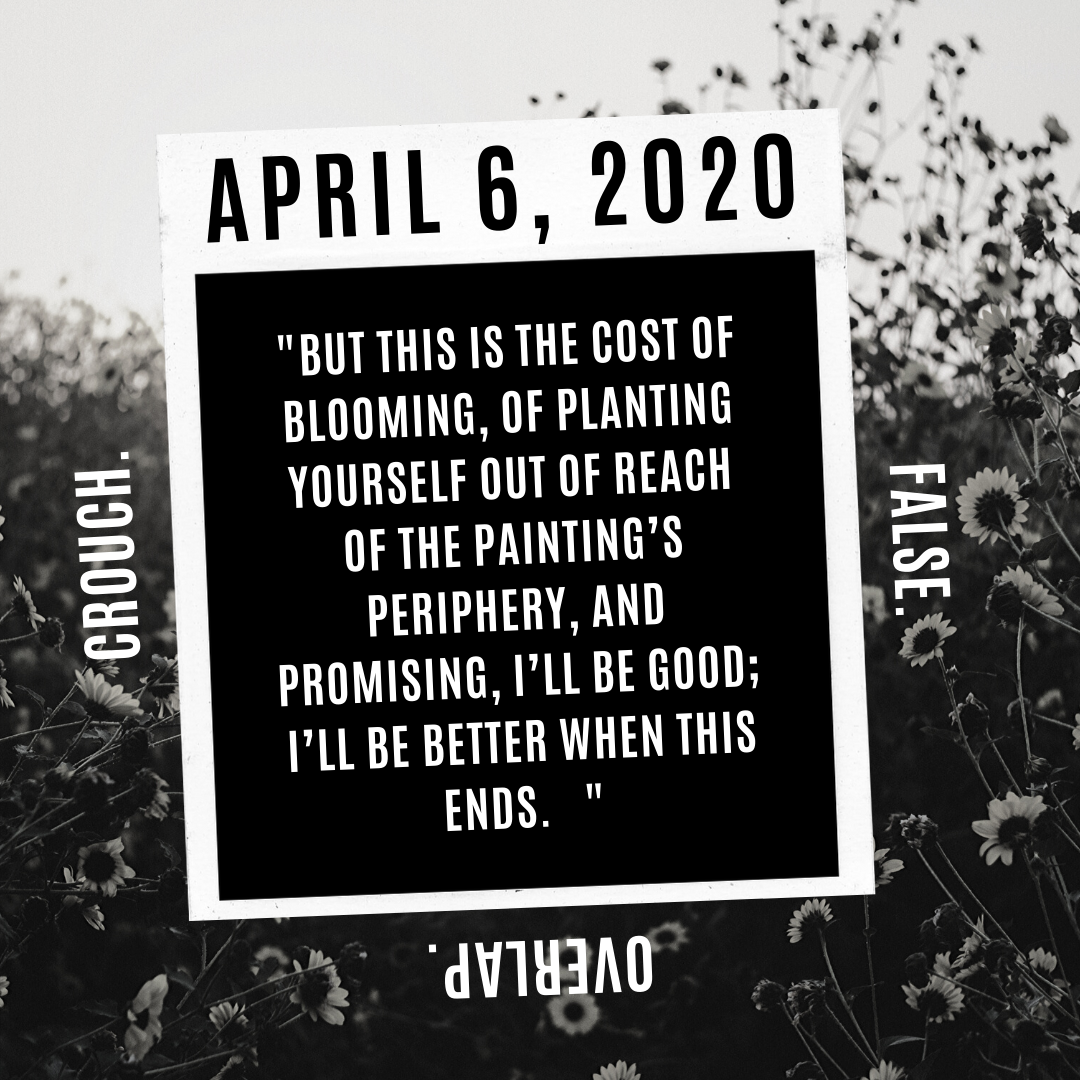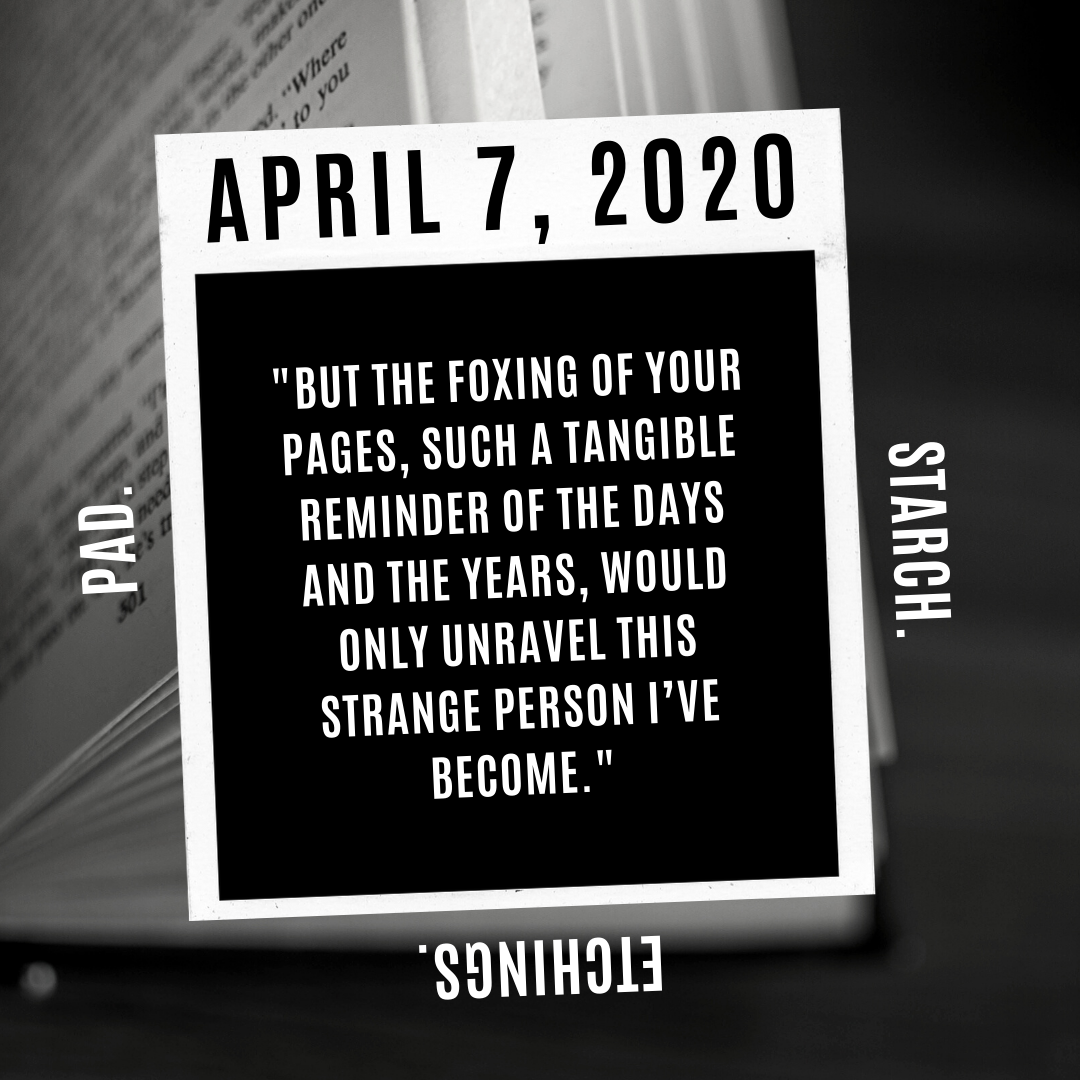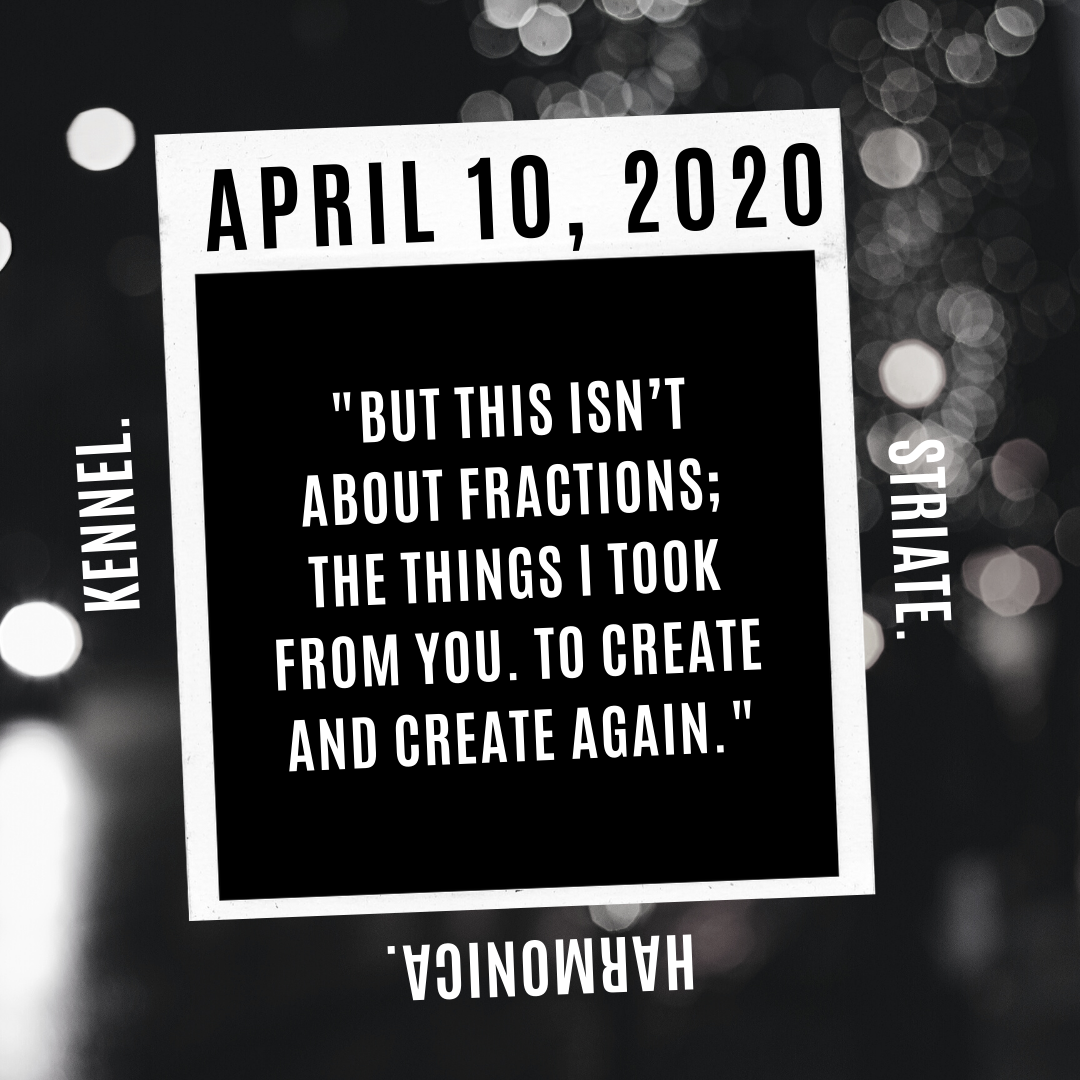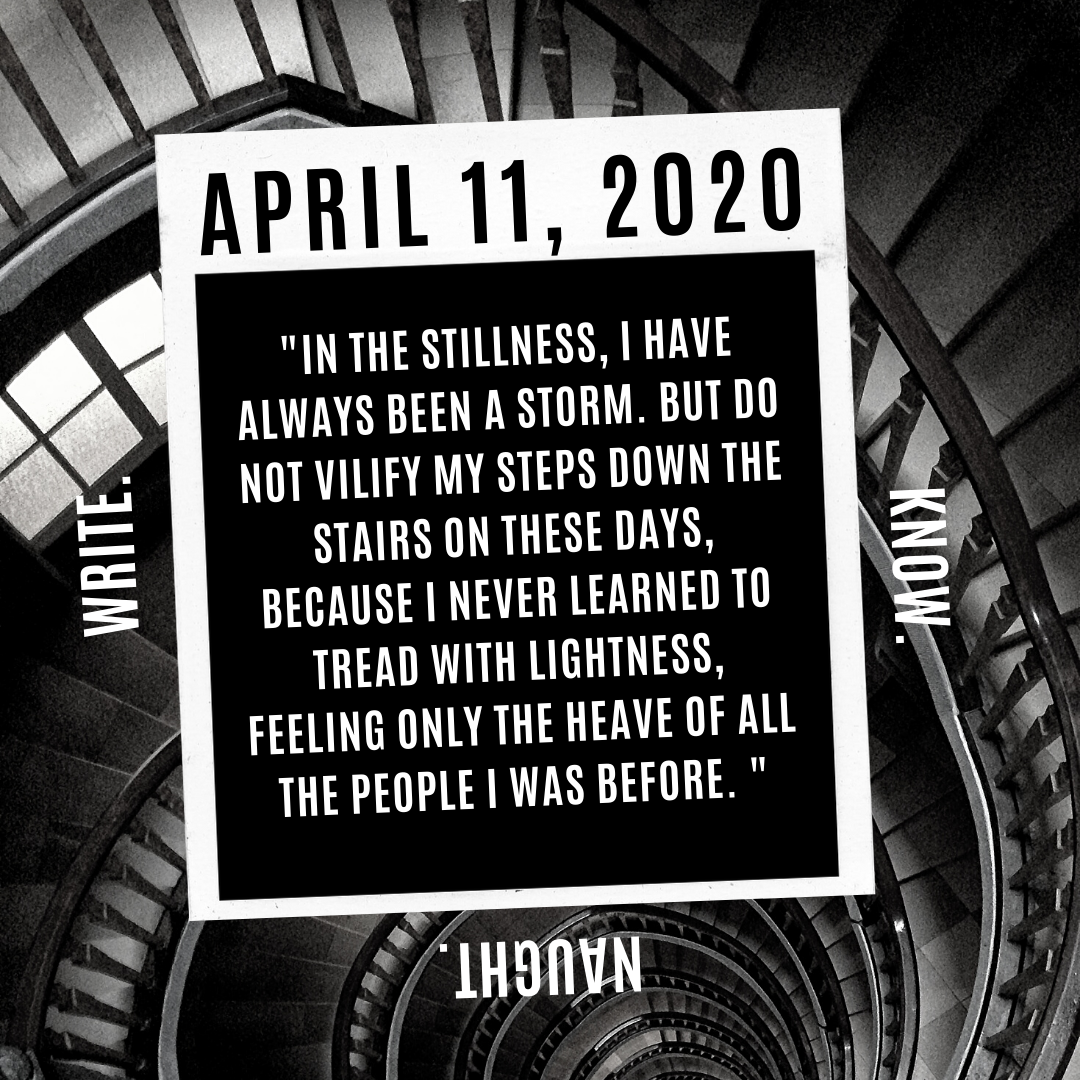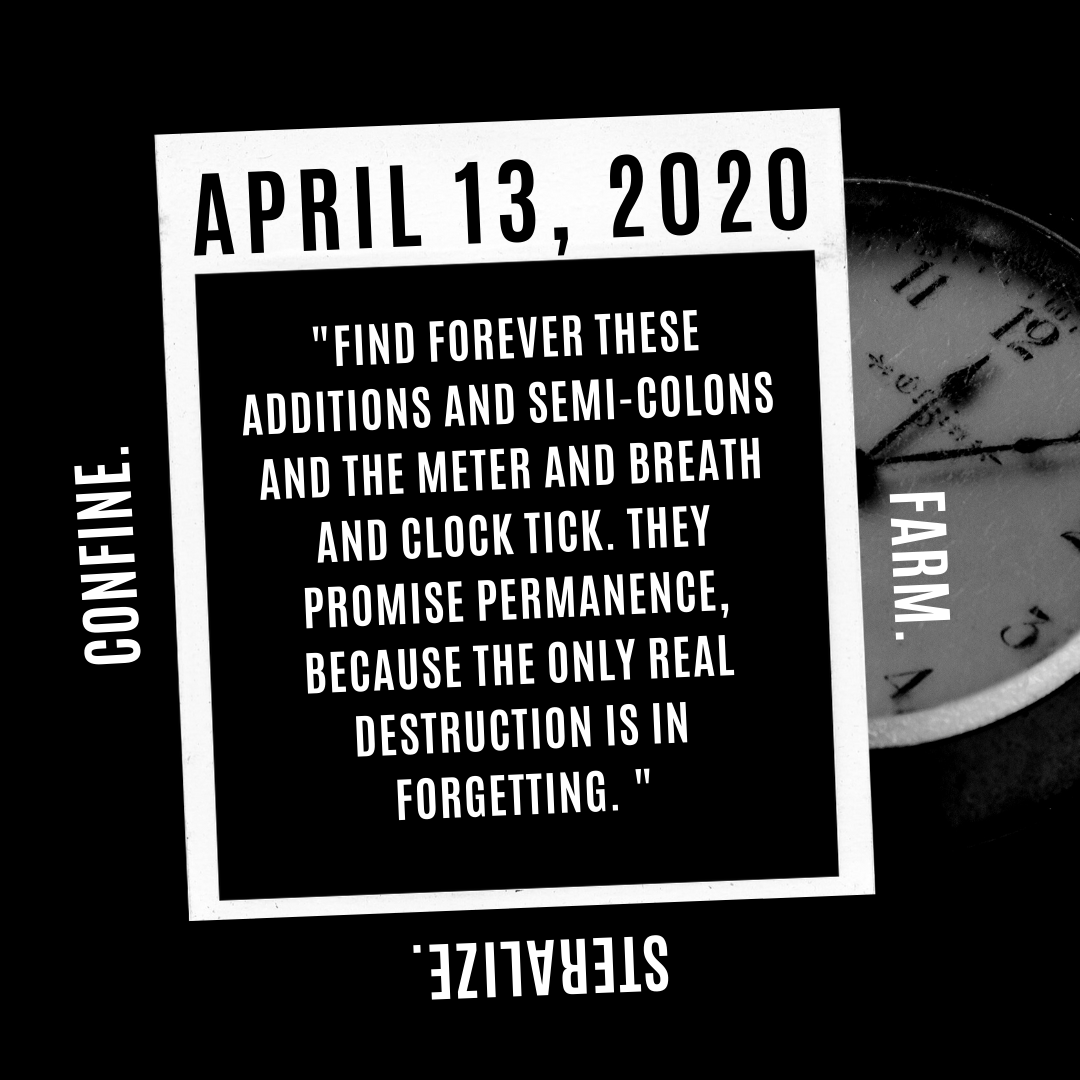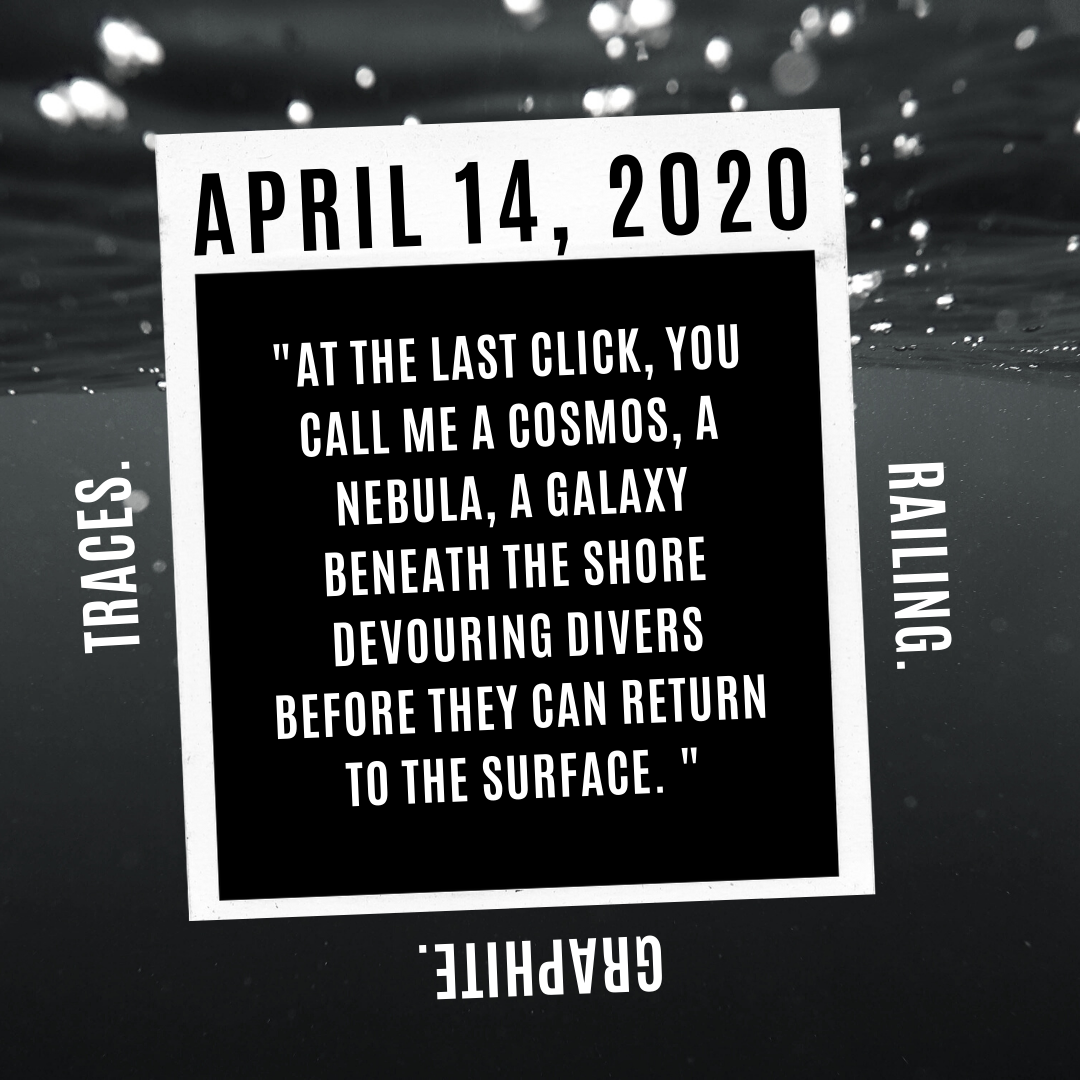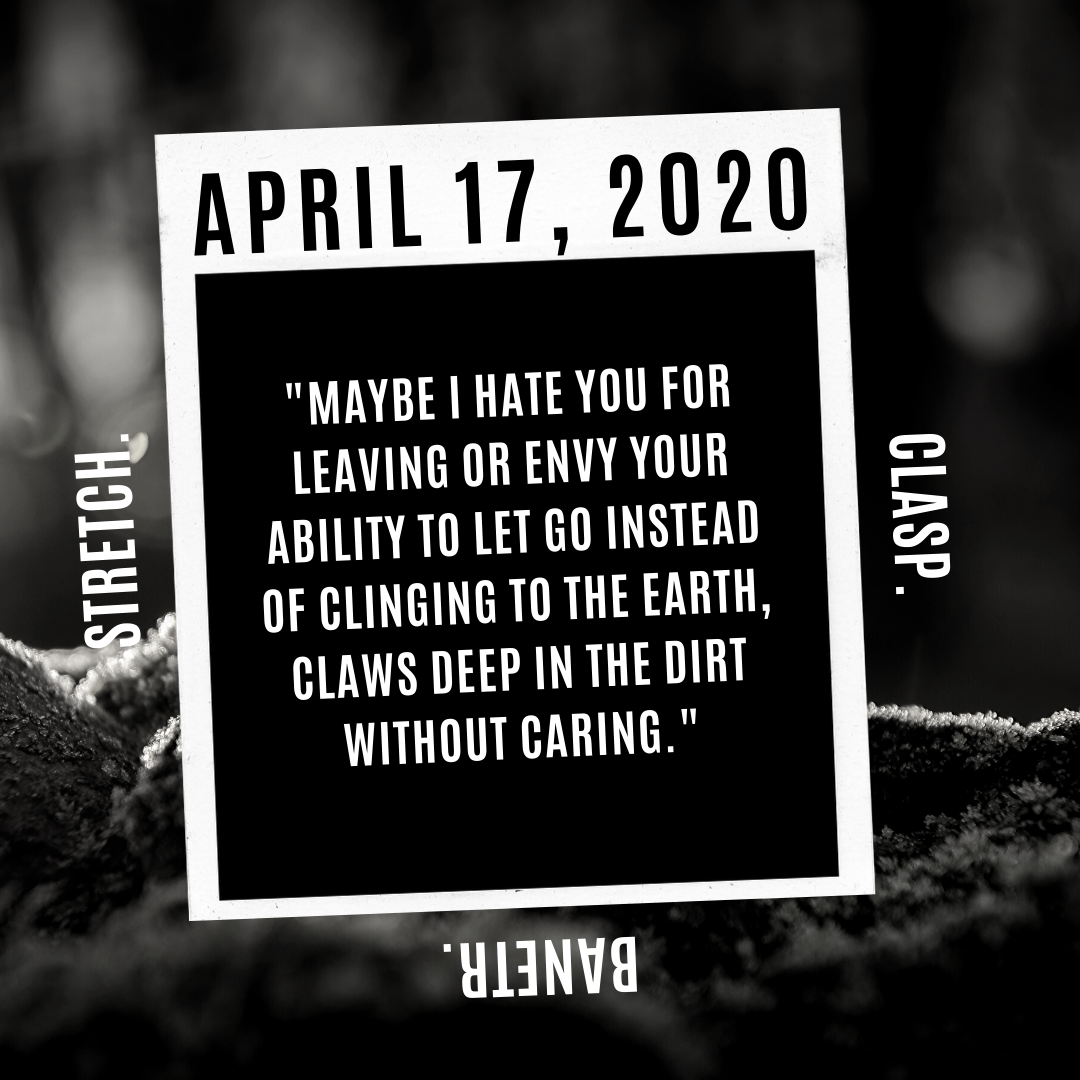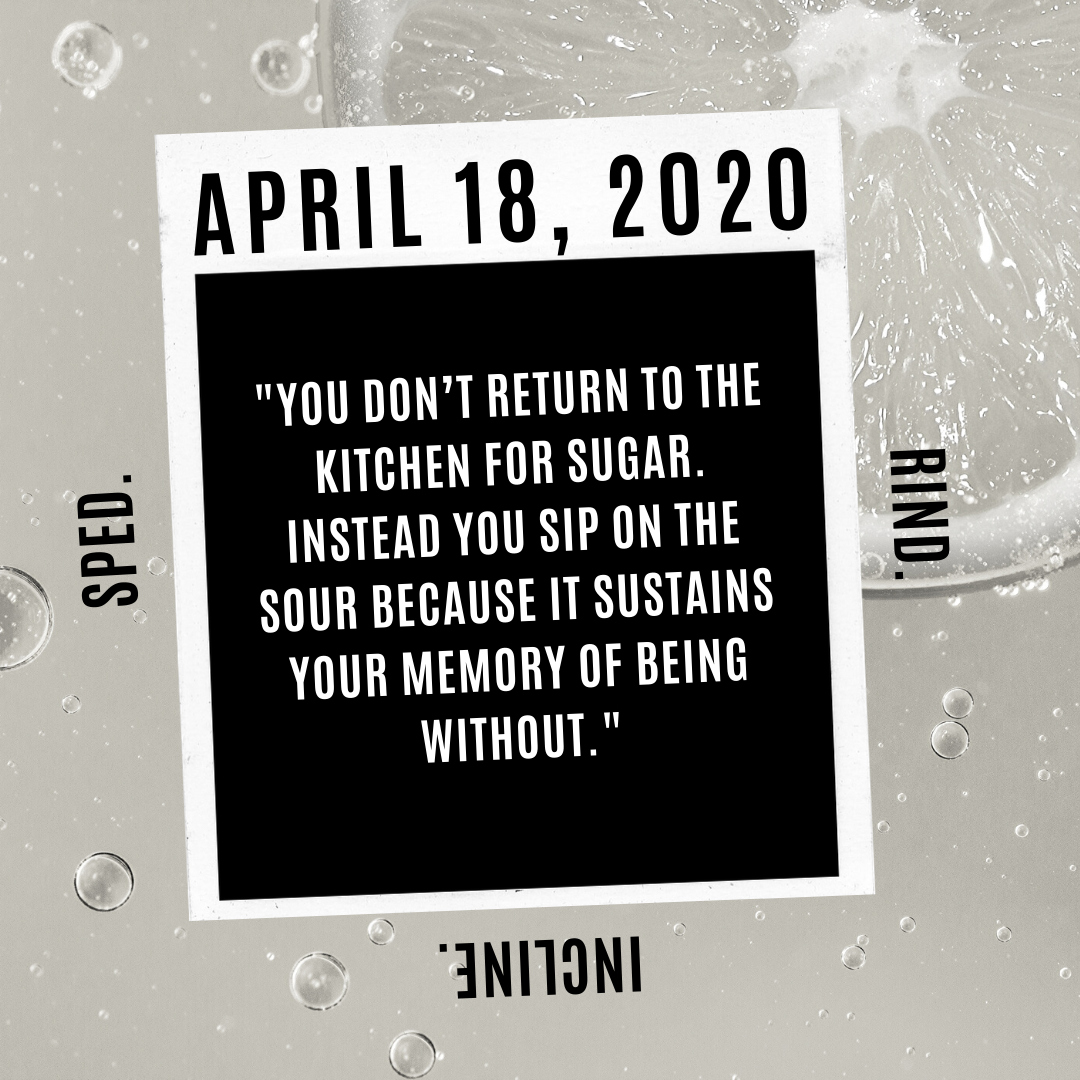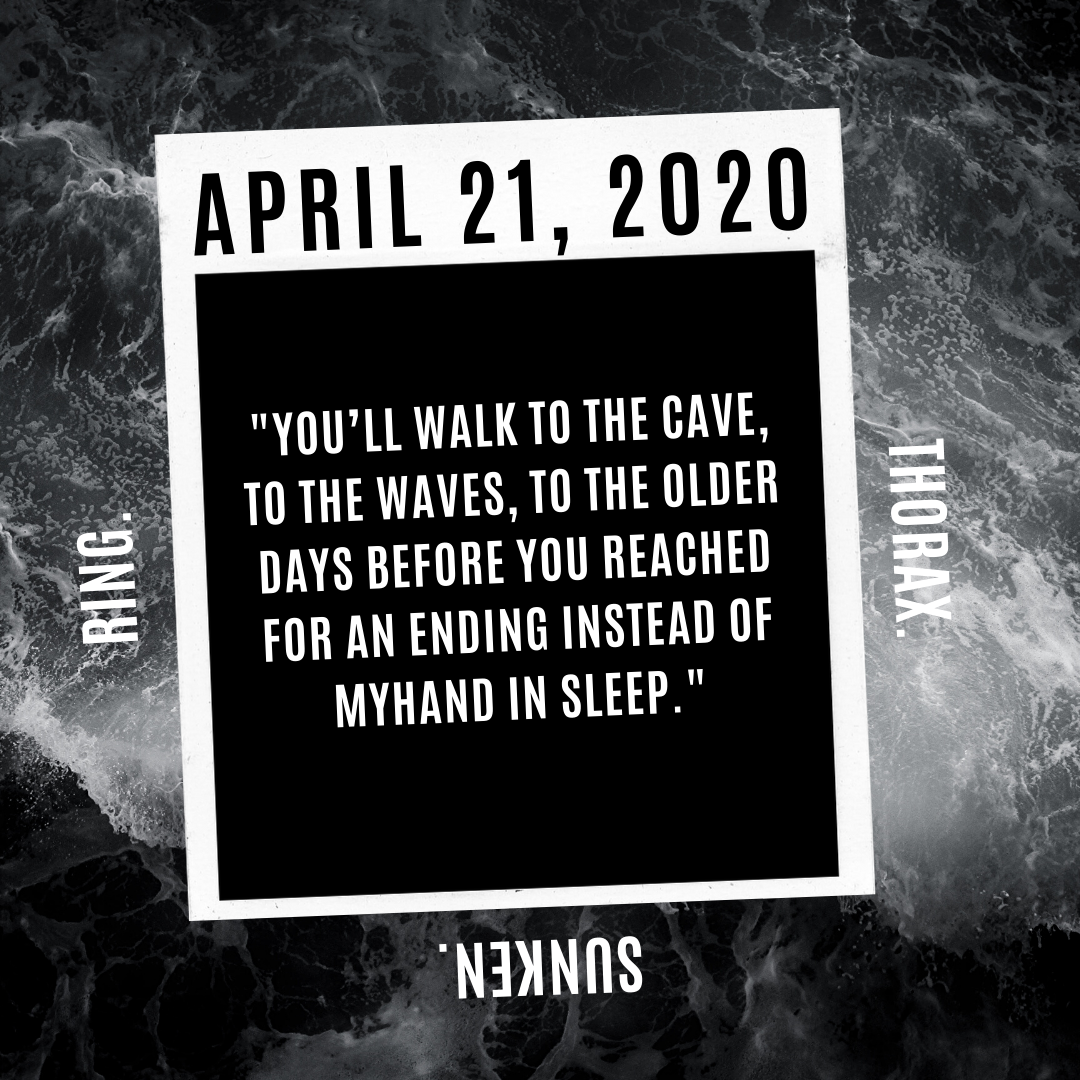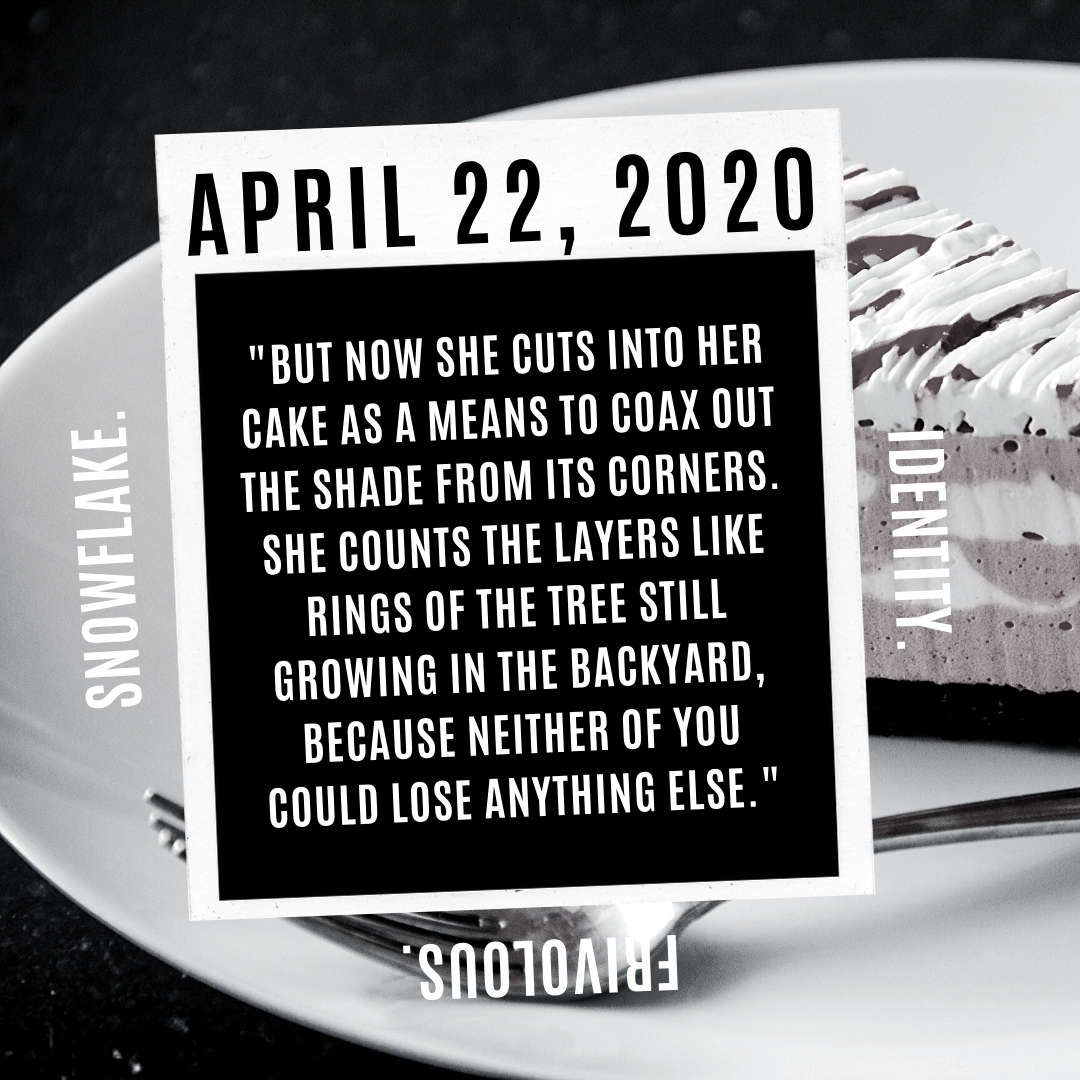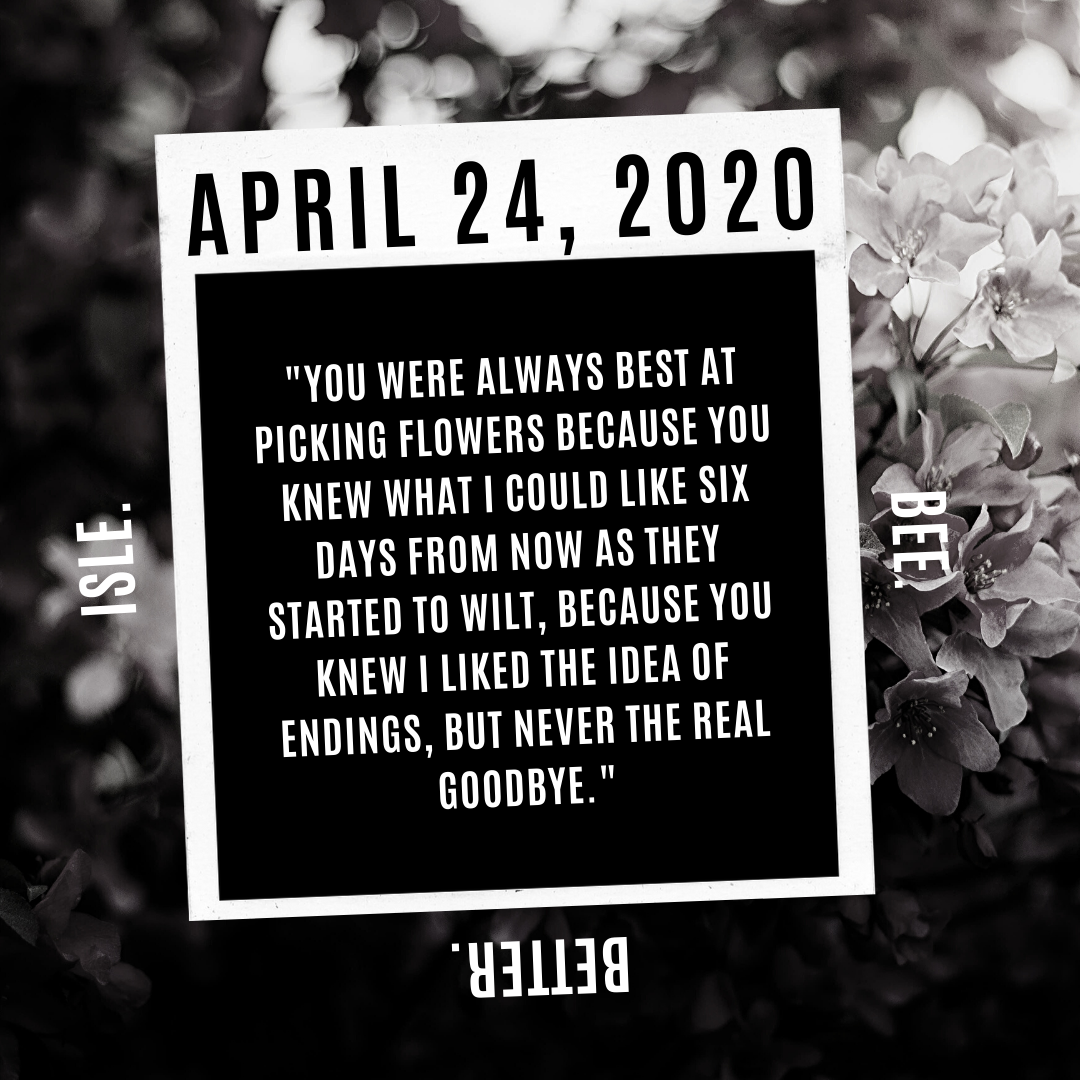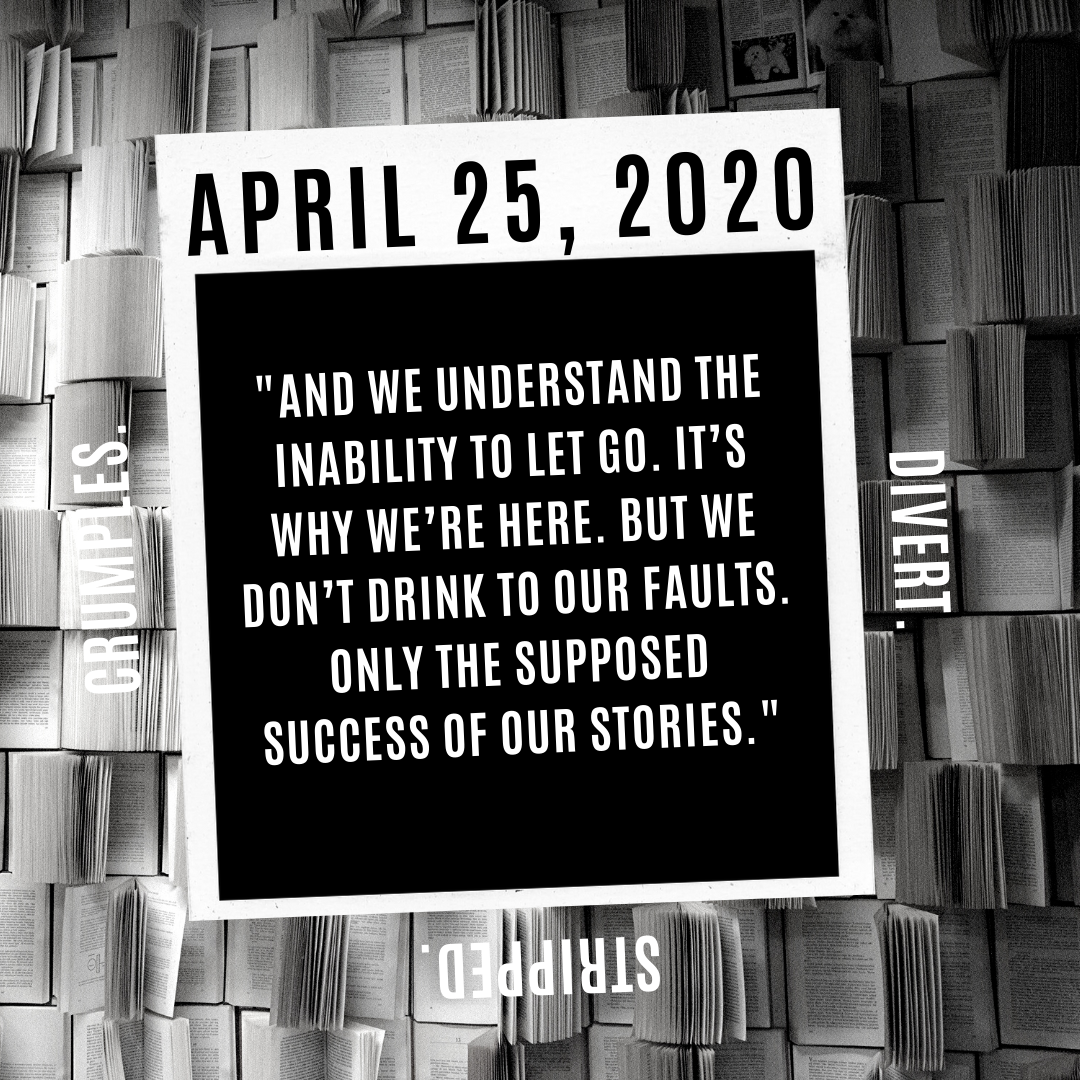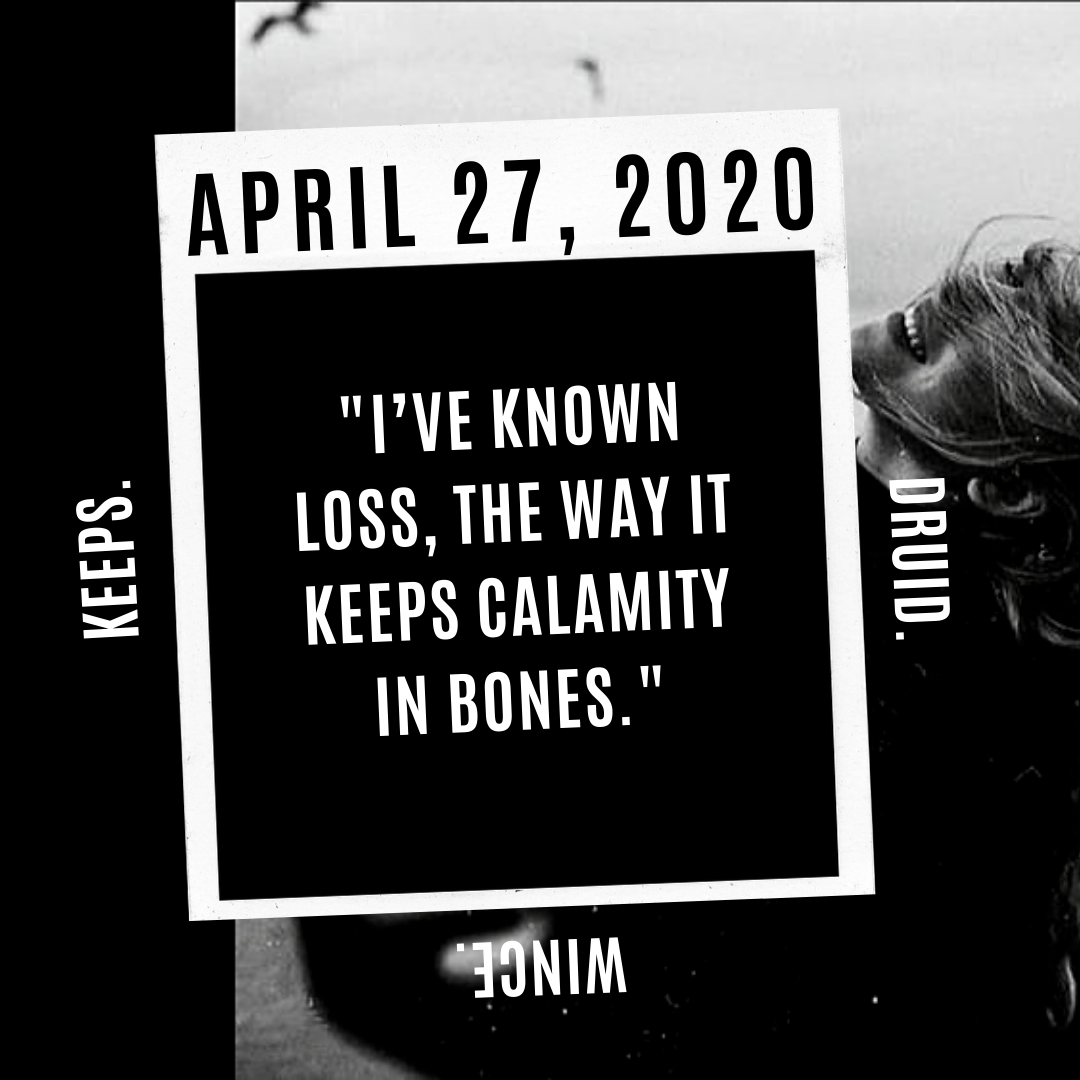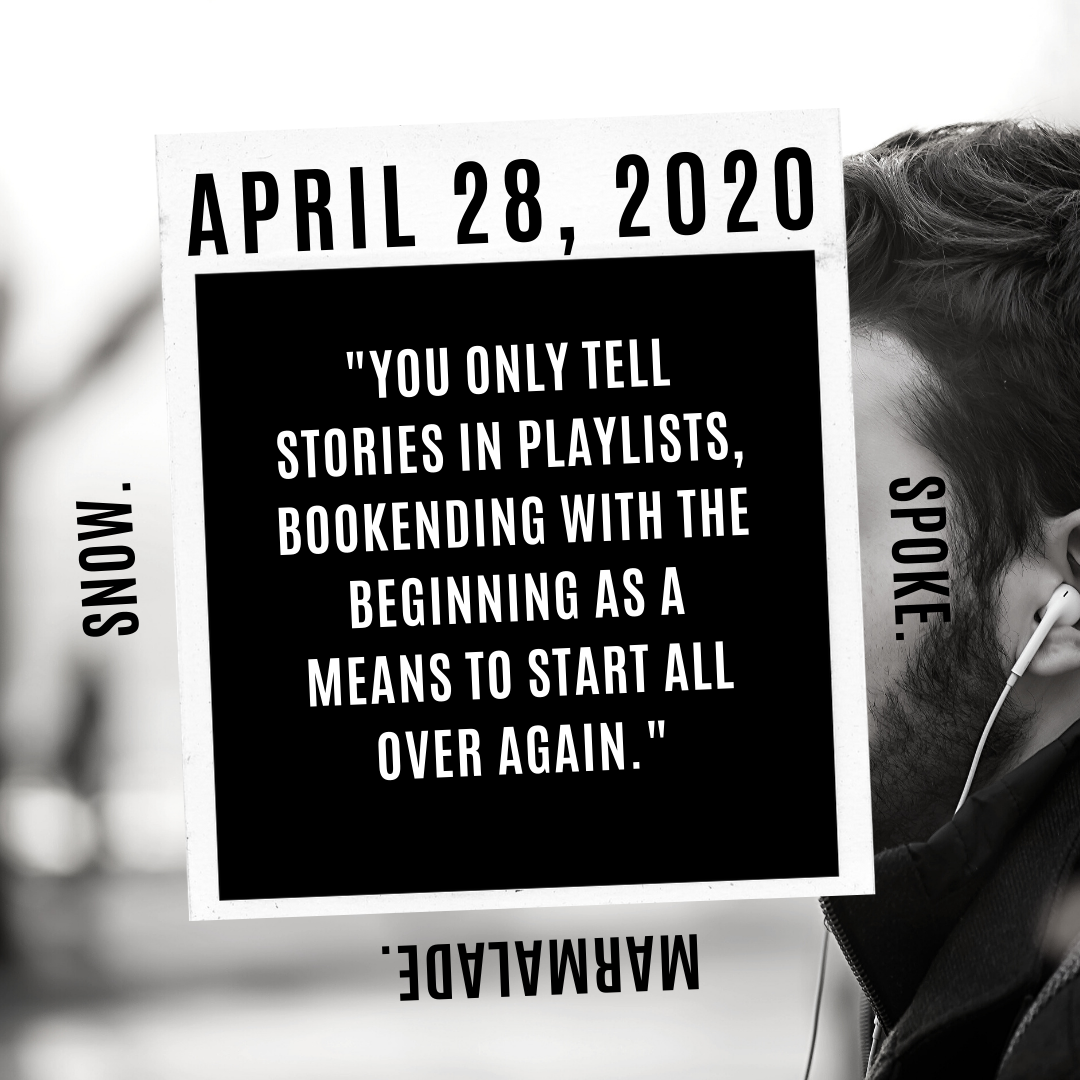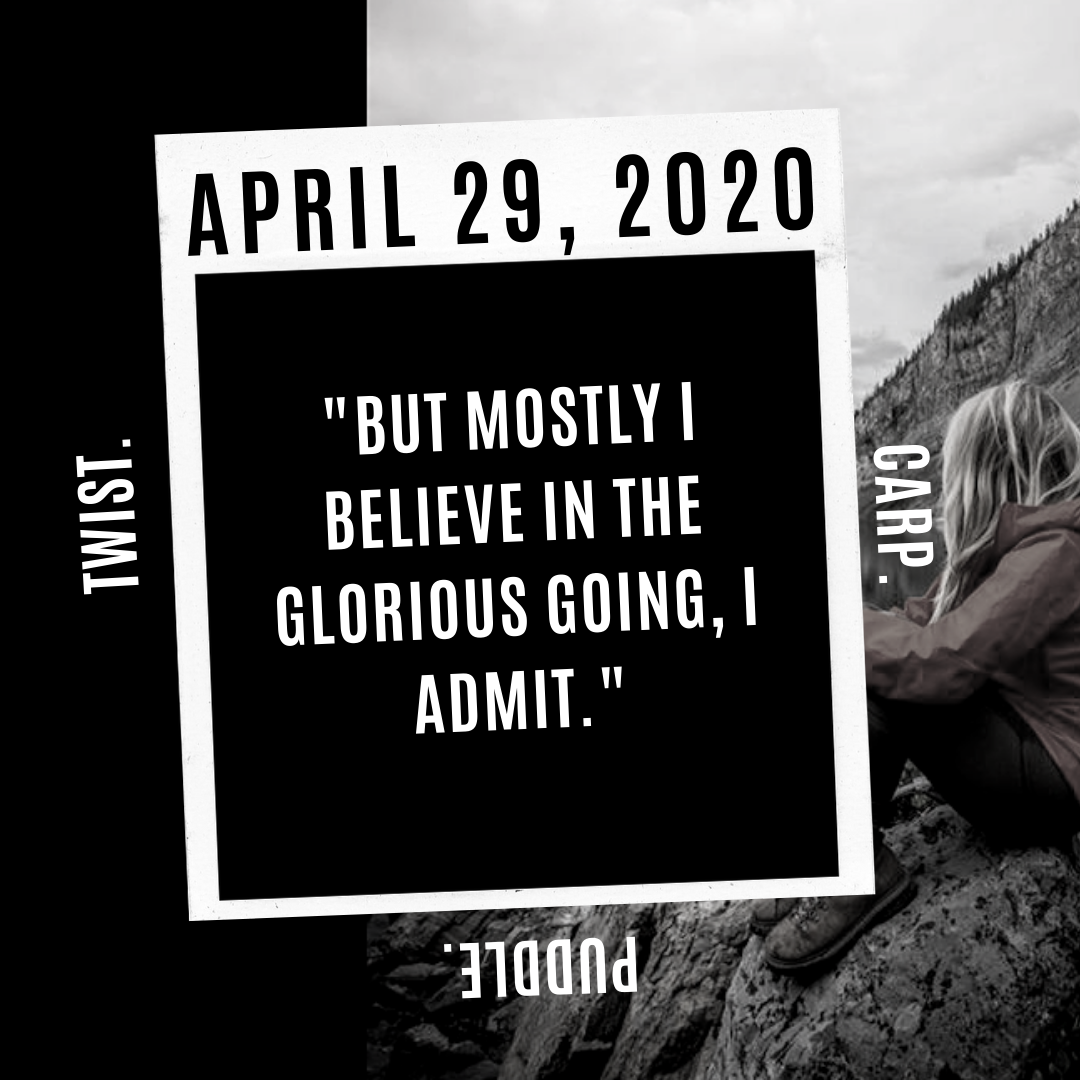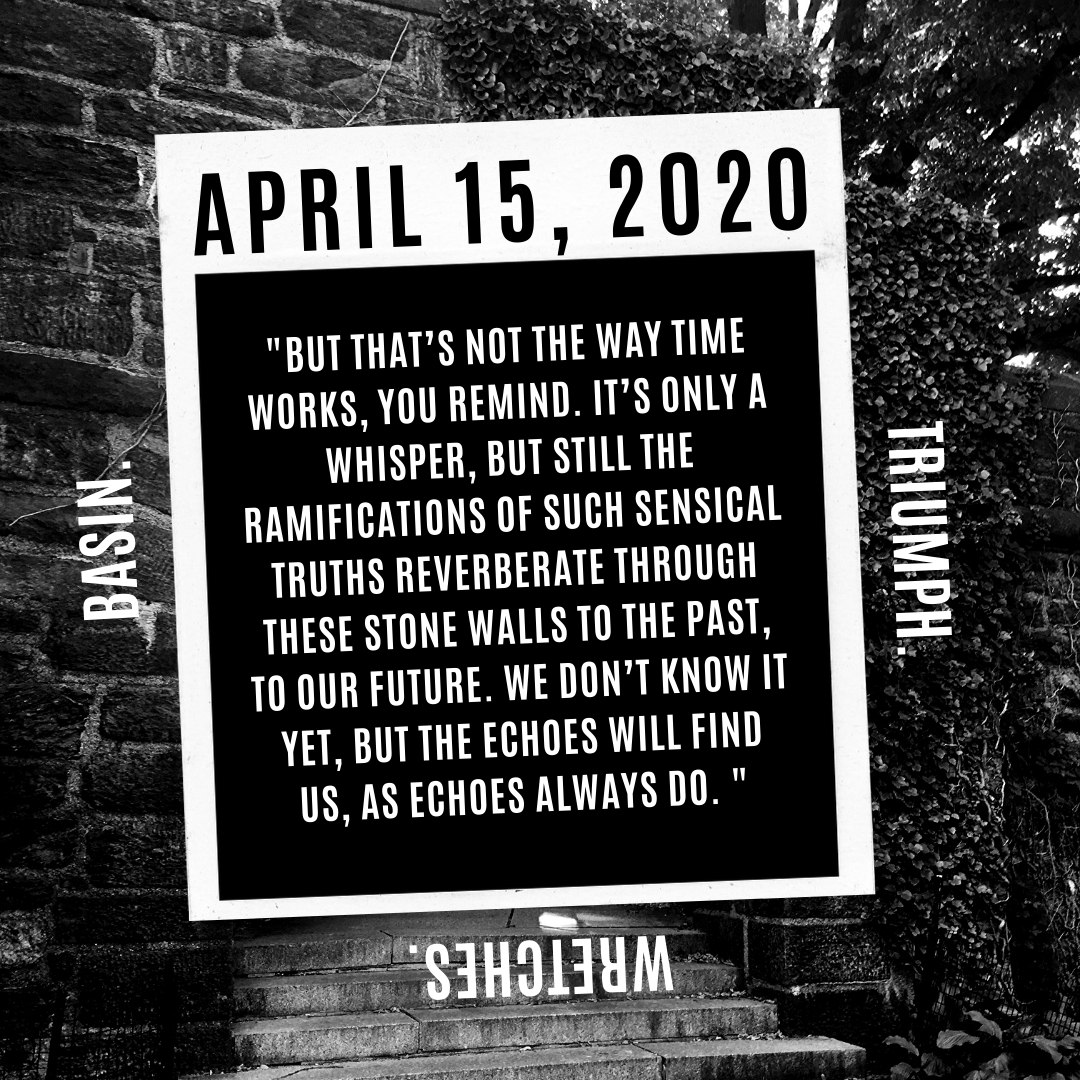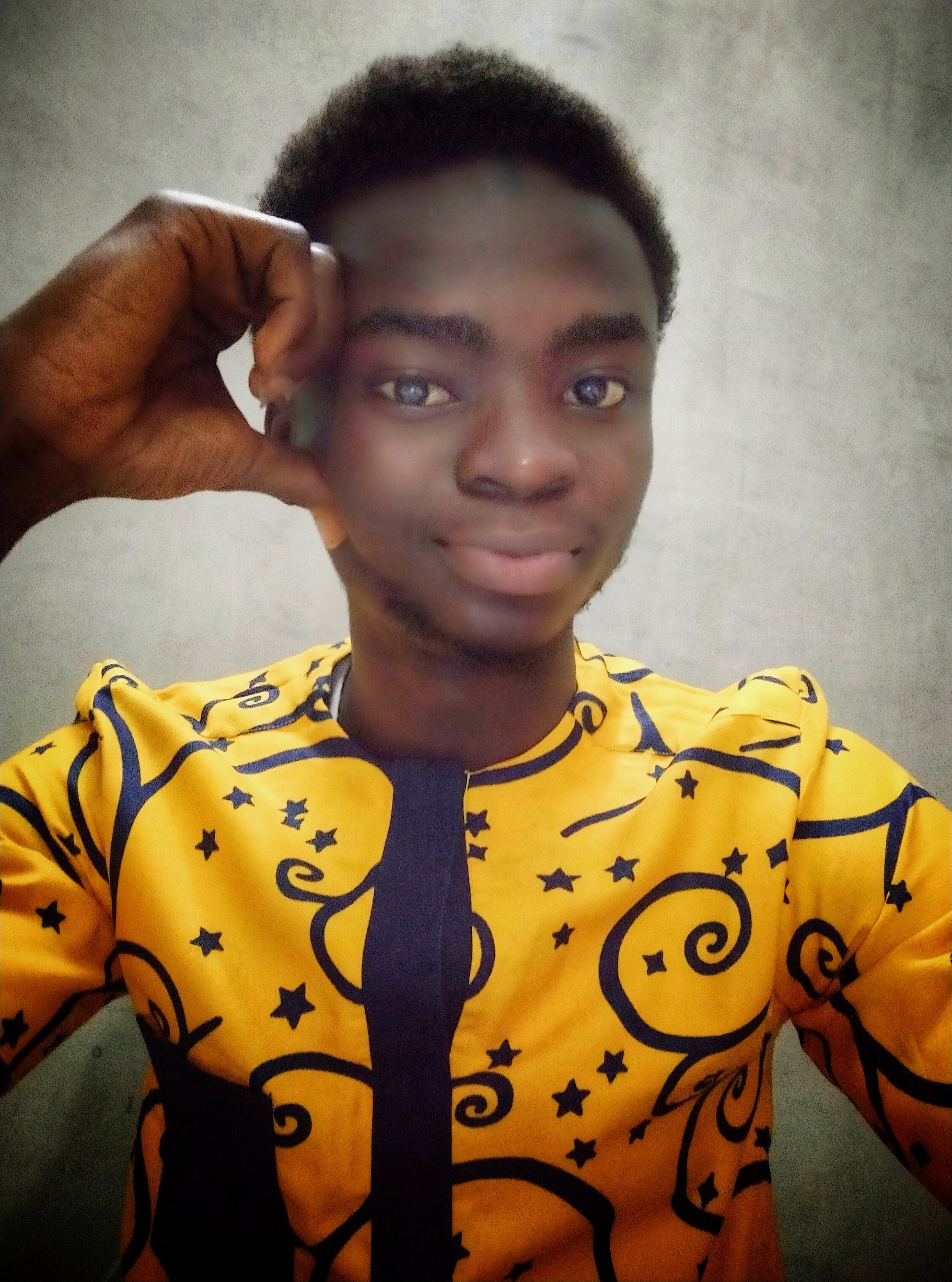Upon compiling advice to young writers, I wondered what wisdom those youthful storytellers might be able to share. The search for such a person was not difficult, as one of the most dedicated writers I know happens to be younger than most.
Meeting at Lock Keeper, the namesake for our writing group, proved to be the perfect place for this interview. Keep reading for a behind-the-scenes look at the writing life of Uriah Allis!
When did you know you wanted to be a storyteller?
Prior to telling stories on paper, I told them in my head. This mostly involved me being Peter Pan or Spider-Man. There are pictures of kindergarten-era Uriah in a Spider-Man costume poised on our roof in that iconic pose like Tobey Maguire, who was my Spider-Man growing up.
One day, when I was about five, my mom was upstairs and heard this huge bang. Downstairs, she found an enormous circular crack in our drywall. Of course she asked me what happened. In complete seriousness, I explained: “Mom, an elephant walked through the living room, kicked the wall, and then walked out.” She started laughing. That might be the earliest moment when looking back, I can say, oh, I’ve been a storyteller for a long time. (Just to clarify, no elephant came through the house. I was likely Spider-Man climbing the wall and finding the task beyond my human abilities.)
It’s interesting you say “storyteller.” I didn’t have a television in my house until I was fourteen. I read books, listened to audiobooks, and told my own stories. It was my way of processing my role in the world.
Perhaps I’m giving human beings too much credit, but it seems our way of interfacing with reality encourages telling ourselves stories about the world as it exists, about how it could be, and how it should be. In that sense, we’re all storytellers. It just takes a certain kind of person and/or set of circumstances to share those stories.
Stories are a safe way to make sense of ourselves and life itself. It can be very scary in “real life” to make mistakes you might otherwise avoid by imagining those scenarios through stories. I believe there’s inherent value in doing that from a young age—of asking yourself what ifs. With age, what ifs mature as you grasp a more holistic view of the world. You meet people and garner experiences. You see human patterns of behavior repeat. At the end of the day, we have a choice to stand in the midst of it all and realize, wow, this is an extraordinary maze in which I’ve found myself—this horrifying, beautiful, extraordinary, terrifying world.
Knowing that you have a passion for stop motion stories on screen, can you share what inspires you most about this form of storytelling?
Though I didn’t have a television until age fourteen, I discovered many classic animated films by visiting my grandparents’ house. Their VCR rack was a treasure trove that included all the old Disney films and Bob the Builder, which was my introduction to stop motion.
What I value about stop motion is that you can literally see the fingerprint of the artist. In one way or another, I uncover that same human DNA in almost all mediums, apart from some CGI. There’s something magical about that. It at once reveals the artifice of the art while inviting you to see a more holistic picture of not only the art but the artist.
Another example of this motif in stop motion is called, in the industry, “chatter.” This describes the micro-movements of a puppet designed with hair or fur. You’ll notice the fibers move from frame to frame. It reminds you that an animator must reposition those puppets between every single shot.
Those examples from stop motion all add another layer of humanity to the art in question. In the same way, as a child I loved the art in Peanuts by Charles Schultz. Interestingly enough, my favorite cartoons are the ones he illustrated after having a stroke. His fine motor movements became limited, almost parkinsonian, resulting in illustrations that are “jagged.”
What I love about those jagged lines is they remind you there is no ideal “perfect”—either in art or life. I believe it’s our responsibility as humans to open our eyes to the beauty in the world. Often that can only come through accepting something as a whole. That includes the artifice and broken bits.
Art criticism is complicated; art is created by imperfect people. Nevertheless, the art itself—sometimes heightened by problematic elements—can provide a wonderful human reflection to consider and ask, what is here for me?
As you were not always a self-proclaimed poet, when did you begin to immerse yourself in this world?
It was only in January of this year, 2021. That was after my first semester of nursing school, which was extraordinarily stressful on many fronts.
Over my winter break, I decided to carve out time to explore new things. In writerly terms, I chose to set wider margins for my life—spaces where I could find respite from the constant doing of life.
During that break, I visited my cousin. We intended to visit an ice rink because she adores ice-skating. Unfortunately, the ice rink was closed, so we decided to visit Barnes & Noble. With my new “wider margins” philosophy in mind, I waltzed into the poetry section and found Rupi Kaur’s poems. I devoured her first collection, milk and honey, in thirty minutes.
Until that point, I viewed the ability to read and write poetry as an ethereal gift the gods give to a select few. What struck me about Rupi Kaur’s poetry was just how accessible it is without sacrificing any of its emotional or thematic integrity.
I felt like her poems simply said, here is my soul. The vulnerability she exemplifies in milk and honey and her subsequent collections is incredibly striking.
From that moment in Barnes & Noble, I knew poetry was not only something I wanted to be part of, but realized, I’m already a part of this. I just need to write down my experiences.
Shortly thereafter, I discovered Sharon Olds’s poetry. I was inspired by how she discussed complicated relationships and traumas she survived in such a frank yet tender manner.
Both Rupi Kaur and Sharon Olds showed me the potential poetry has to create what may be likened to taking a Polaroid of an emotional landscape. More than any other medium, poetry can capture the subjective experience of being human in relatable snapshots that would be diminished by recounting objective facts. Poetry can lift you up in a way that goes beyond words.
While discovering this fresh world of poetry, I began to write my own poems. Early on, I was insecure about the quality of my work. I shared my poetry with two people: you and Amanda, a mutual friend of ours. The feedback and encouragement you both provided was very heartening.
My only goal in writing poetry was to be as honest and vulnerable as possible. Frankly, my standard for poetry has not changed. There is no mathematical equation—in terms of rhyme and meter—that equates to a “good poem.” My only parameter is that everything I write must be honest, visceral, emotional, and true.
Poets have to bring themselves to the page. That can be painful. You must strip away your defense mechanisms. Only then can you see yourself as you are.
I imagine that’s why my poems often come to me when I am meditating. I am as vulnerable to myself as I can be at that time. Poetry has the power to capture those moments, giving it a magnetism that draws me as no other medium does.
Kayla King: What I love about modern poetry is the approachability, which I hear when you speak about your first reading experience with Rupi Kaur’s work. This kind of poetry presents an invitation, calling you in, and then breaking your heart. As humans, we find ourselves addicted to tragedy and heartbreak, in part because those emotions are so deeply ingrained in us. Seeing that another person has experienced something similar and found a way to work through, allows us to move forward in a way we might not have without those words. This is something I continue to admire in your poetry, so raw and honest.
If the modern age of Instagram poets and social media taught us anything, it’s that we can very quickly put something out in the world. It might seem less intimate than a relationship with another person, but sharing words without knowing what’s going to come back, saying, this is who I am at the deepest roots of self, there’s power in that.
Uriah Allis: I agree. There is something that creates a sense of triumph when you read a resonate poem. Poetry can grapple with profound realities we face in our everyday lives, yet rarely confront—life, death, and love. Poetry gives us a safe space to process and talk about these concepts not only in broad terms, but in their minutia.
The mere fact that a poet made it through the experiences they’re writing about, that someone else saw it, published their work, and somehow it reached us—the readers—is powerful. Although the lives of many poets ended in tragedy, that doesn’t mean their poetry will catalyze tragedy for others. It can mean quite the opposite. Poetry can allow us to recognize our own tragedy, and reconcile with it.
KK: In a sense, poetry is the most human form of writing. Poems don’t have to be any one thing. Unlike typical novels where we can pinpoint a beginning, middle, and end, there is no need to be linear. The poems that strike me most are often a random collection of images from points in the author’s life that add up to something magical. Similarly, life is a random collection of moments that make us who we are. This stuns me time and again, and I’ve found those points in your poetry as well.
UA: I appreciate that, thank you. To add on, we may not only be inherent storytellers, but also the inherent story.
I’m not a believer in a finitely tuned timeline to humanity in which we are cogs in a system and there is a fate we are all headed for. Rather, as you say, I believe we are like pinballs in a pinball machine. Stories are a wonderful way to conceptualize the many random—or seemingly random—events in our lives. Stories allow us to see the gradations of beauty along the way.
I’m not even sure it’s about searching for some conclusive meaning at the roots of our lives. We seem to designate those meanings as we try to make sense of life. That’s what I mean by saying it’s almost a self-imposed responsibility to tell stories.
Stories also give us reason to believe the world needs to make sense. I doubt other animals are the same way. (That said, maybe I’m not giving dolphins enough credit.)
Weirdly, humans believe there needs to be a genie in the bottle. The truth may be far less tantalizing: a factory may process the glass; distillery workers might pour an alcoholic spirit into the finished container; the bottle could be lost in an ocean and wash up on shore.
Through that lens, many of our stories might try to make sense out of broken glass. But we believe there needs to be something deeper.
I think that says more about us than anything else.
While you touched on utilizing meditation while writing poetry, does your process for writing differ for fiction?
With fiction, I feel it’s necessary to just get words on the page. Whether or not those words become anything is what revision is for.
Regarding poetry, I don’t put that same pressure on myself. I don’t plan to write poetry. Rather, poetry really does come to me out of the ether. Sometimes it goes somewhere. Sometimes it doesn’t.
However, I see false starts in poetry as valuable. I often find there’s something deeper I’m trying to get at. After writing one or two false starts, I usually stumble upon what I’ve been searching for the whole time.
As far as my process goes, I write freehand in my hardback Minimalism Art notebook.
Before I wrote poetry, I decided to try my best to keep from compartmentalizing my life. I reflect this in my notebook—you’ll find writing in it for nursing, journaling, writer’s group, fiction, and poetry. When it comes to creativity, I find it valuable to take in the whole of your life to create inclusive and honest art.
I write in several different colors, usually with G2 gel pens. In my first drafts, you’ll notice a lot of scribbling, illegible lines, strike-throughs, and so on. I’m a messy writer.
For instance, in my poem “fireflies” —which won first place in a poetry competition my college put on—I circled the second line and drew an arrow to denote it should be the last line.
One rule for myself comes from something I first heard Billy Collins talk about. He purely revises his poetry for what he calls “sound pleasures.” I only revise my poetry for phonetic readability. I don’t alter the original intent or theme of the poem.
If you were to Candid Camera my process for drafting a poem, you would probably find me doing a menial task like washing dishes or folding laundry. By doing something that doesn’t involve a lot of thought, I can allow my mind to wander. Then poems come to me. You might call it the “Bugs Bunny effect”: my ears perk up, I dash to my room, pull out my notebook, and write down my ideas.
Have there been any recent books or poems you’ve read that have stood out?
Over this summer, I went on a Civil War history tour of battlefields on the East Coast. During my trip, I visited a bookstore in Fredericksburg, VA, called Riverby Books. There I found a beautiful poetry collection called Conversations During Sleep by Michele Wolf.
There’s a handwritten message on the front cover from the poet encouraging the reader to “keep writing those beautiful poems.” It felt like inheriting my responsibility as a poet: to tell the truth.
I know you have a book with important postcards left by the original owner. Those details in secondhand books add a history to the paper and ink in our hands.
In Conversations During Sleep, there’s a poem called, “Response to a Reading.” In it, Michele Wolf critiques two poems that quite unsettlingly portray sex with the undertones of sexual assault.
What struck me about Michele Wolf’s poem was her approach to critiquing this very disconcerting language. She uses such gentle rhetoric to draw a line and say, this is very fucked up.
That poem reminds me poetry has the power to take issues that can become so emotionally charged that no productive conversation is able to develop around them. Poetry finds a way to cut straight to the human heart. I believe it is the perfect vessel to circumnavigate the political divides we face. It allows us to discuss timeworn, problematic, patriarchal ideals especially prevalent in this country.
Michele Wolf reminds me that poetry is a brilliant mode of self-reflection—not only on one’s own beliefs and perspective, but on how one’s beliefs and perspective are born out of the culture we grow up in. It can make something that is otherwise inaccessible quite accessible, something that is otherwise taboo no longer so.
One thing I love most about poetry is the ability to access things that are understandably uncomfortable, personal, intimate, and often hard to talk about. Yet, it can do this in a way that opens up the heart as well as the mind.
What is your favorite thing you've written within the last year? It doesn’t have to be a fully finished piece. It can be a sentence or paragraph from your work-in-progress.
My favorite thing I’ve written in the past year is undoubtedly the ending to a poem called “the butterfly affect.” It was recently accepted by Eclipse Magazine. Very rarely do I write a line I repeat to myself every so often afterwards. This was the exception.
To set up the poem, “the butterfly affect” portrays the metaphor of metamorphosis—the transformation of a chrysalis into a butterfly—as possessing more than superficial beauty.
The last line is:
in the butterfly,
i find my delivery:
the violence of many things
broken together,
sprouting wings
When I wrote that line, it took my breath away.
Those words, after I wrote them, suddenly encapsulated my adult experience of interfacing with myself. They claimed the importance of accepting all the broken and hurting bits of my personhood—not as an ending point but as a diving board into a new and more glorious existence which is the present tense.
Editor’s Note: I will convince Uriah to put this quote on stickers, tote bags, etc. so everyone can be reminded of this daily.
If you could give advice to your younger self, what would you say?
I look back on my younger years and realize I put so much pressure on myself to be “something.” I wish I had just taken a moment to look at myself in the mirror and say, you already are something.
Rather than striving for some sort of abstract ideal called “success,” I would tell myself, if you can’t accept who you are as a whole—the good, the bad, and the in-between—you’ll never grow.
I would say: be kind to yourself on many fronts, and give yourself time to figure things out. Don’t fall into the trap of thinking you need to know the answers because, more often than not, the questions are far more enlightening than the answers.
If you could provide any advice to fellow young writers, what would you say?
The advice I heard growing up was, “Read a lot. Write a lot.”
At fourteen, I heard Brad Bird who directed The Incredibles and Ratatouille say, “Make me care. Take me on a journey.”
As for my advice, I would say give yourself time to shear away the dark matter around yourself to reveal the diamond that is your soul. It takes time to carve a diamond from a mountain.
Do you have a specific playlist for writing?
I do! Curiously, music occupies a different emotional space for me depending on whether I’m writing fiction or poetry.
For fiction, I usually listen to an instrumental soundtrack in its entirety. I love the composer
Max Richter, who composed the soundtracks for My Brilliant Friend and The Leftovers (not to mention his extraordinary work in the neoclassical genre). Other favorites include: Rupert Gregson-Williams, Ramin Djawadi, and Nicholas Britell.
When it comes to poetry, I listen to one song—usually with lyrics—on repeat. If a song resonates deeply in my soul and I can feel it there, almost palpably, that’s what I’ll play.
I really like Radiohead. My earlier poems especially featured a Radiohead-themed soundscape. One song of theirs that made appearances in poetry writing sessions is called “Give Up the Ghost.” It has a repeated refrain: “Don’t hurt me / Don’t haunt me.” What resonated with me in that song was the idea that the singer is haunted by the narrative of someone hurting them—and gives that narrative the power to hurt them—rather than actively being afflicted by a person or situation.
Another song I found very moving is “The Rip” by Portishead. I remember sharing it with you shortly after discovering it. That one resonates largely because the lyrics are so poetic and the vocalist, Beth Gibbons, sings every note as if her heart is breaking.
If you were to sneak a look at my Spotify selections, you’d know I’m a fan of jazz, classical music, Broadway musicals, ‘90s rock, and “prog rock,” although that word sounds so pretentious. In the end, what matters most is the emotional resonance of my music preferences. I believe some of my best work is born from emotion roused in me by songs.
As someone who has found a writing group, can you share why you sought one out in the first place?
At age eighteen, in early 2019, I watched the movie Taxi Driver. It disturbed me, as it should. One thing it does well is show us who we can be at the darkest moments in our lives.
The story of Travis Bickel is of an individual who has fallen about as low as he possibly can. He’s someone who had many struggles and could have sought help, but never did. Thus, he became increasingly isolated from others and increasingly taken with his own mental illness.
I lost sleep over that story because I realized, at that moment in my life, I had no friends. However, I had not taken the initiative to meet new people.
After that, I decided to seek people who I could connect with and trust, understand and care about. I wanted to find creative people who I could share a sense of mutual reciprocity with and cultivate genuine respect for.
That led me to discovering the site Meetup, which is how I found local writer’s groups. Through that, I met you and several of the individuals in our current group.
It took you being there and the universe, so to speak, arranging our meeting to find everything I was looking for.
I look back and am tremendously grateful. I can share the deepest, most vulnerable parts of myself through art and conversation—even beyond critiquing each other’s work. Together, we can find companionship and a sense of belonging in this world.
That’s why I like stories that are uncomfortable: because they force you to think deeply about yourself. If it hadn’t been for a movie as fucked up as Taxi Driver, I doubt I would have sought out you lovely individuals who have become very, very dear to me.
KK: The feeling is entirely mutual. It’s interesting to note that I think we were both in darker points of life before we met one another. I’ve mentioned February 2019 being the darkest point in my life and not actively doing anything to remedy the situation. I realized I had incredible people in my life as far as family and best friends, but nobody who was actively writing. After being in the Mountainview MFA program, I missed the support and growth I’d found with other writers. I wanted to feel understood. This is why I downloaded the Meetup app, only to find our writing group. It wasn’t until the second meeting that I met you, but from then on, I felt understood. To make a long and lovely story short, thank you for existing, Uriah.
UA: Aww! Thank you! The feeling is mutual. The first time I read something you wrote, I was just like, oh my god! It wasn’t even Dream Catchers, your work-in-progress. It was “the feather story.” What is the title of that piece?
KK: “How to Bind a Lover, or the Lingering Aubade of Lear Aldrich.”
UA: I went to our first meeting not knowing what to expect. I was so impressed by your work. I deeply wanted to impress you and everyone else by “bringing it” in terms of my ability to critique.
KK: You brought it.
UA: I tried. There was nothing I could say about that piece—or much of your writing, honestly—that felt particularly constructive. Mostly I was just like, this is amazing.
KK: Reader, the first piece Uriah brought was a story about a daughter, so lovely and heartbreaking and complicated, which encompassed reincarnation if I’m remembering correctly. It seemed to be written by somebody who’d lived 200 years. I assumed Uriah was much closer in age to myself at the time, 26 or so. He was 19, but possessed so much eloquence and passion for writing. It was an infectious energy loved by everyone, myself included, and that hasn’t faded. Uriah, thank you for caring so deeply about life and language and myth and stories. You inspire me everyday.
Can you share the benefits to being part of a writing group?
Being in a writer’s group gives me the sense I’m not doing this alone. Writing is a solitary profession—you’re usually by yourself with a blank page or laptop. But being in our writer’s group reminds me of the grand tradition of storytelling and storytellers.
I believe there is inherent value in that tradition. It recalls images of the lore master sitting around the community fire long ago. The villagers gathered near the flames to stay warm, but also to hear stories of places that are far away and to empathize with strangers who may only exist in fiction. These tales give us all something to think about as we go to sleep, and, when we’re asleep, they give us dreams to dream.
In short, our writer’s group gives me a sense of community, belonging, and purpose.
KK: This brings to mind the quote from Gene Wilder’s portrayal of Willy Wonka. He says “we are the dreamers of dreams,” which comes from Arthur O'Shaughnessy’s poem “Ode.” The stories I gravitate toward possess this notion of collective dreaming and storytelling, where ideas continue to be reimagined. It’s easy to trace this lineage from Orpheus and Eurydice to Laura Ruby’s Bone Gap, effused with elements of lyricism, myth, and going through darkness to bring someone home. Neil Gaiman has often said Orpheus plays a role in his storytelling. This is most clear in a line from “Sonnet.” Then there is The Wicker King by Kayla Ancrum, a formidable unraveling of the human psyche filled with obsession, myth-making, and human resilience. We keep telling the same stories because we try to make sense of the unknowable: love and life and death. Then I see my novel, Dream Catchers, built from the embers of all these stories I’ve loved, and it’s hard to argue against their power.
UA: And those threads not only create stories, but also weave the grand tapestry of our lives.
When did you decide to pursue publication for your work?
It was when you inspired me to do so, Kayla.
One of the first conversations we had involved you telling me you had received about one hundred rejections that year alone. My thoughts were, firstly, oh my god, that sounds horribly painful, and, secondly, I applaud you for putting yourself out there in that way!
After writing several poems, my feeling was that if the poetry I read was speaking to me in such a deep way, I wanted to share my poetry with the hope that others might resonate with it. This is not to sound pretentious. But in the same way I can pick up Rupi Kaur’s poetry and find something that rings true, my belief is that if my poetry can connect with anybody else, I want to pay it forward.
That’s one of the best elements about the poetry community: there’s a sense of “passing the torch.” Little ego is involved. All that matters is saying something true.
Unfortunately, I don’t think that same altruism exists in the fiction-writing community. With fiction publishing, there seem to be gatekeepers rather than individuals willing to pass the torch.
In the poetry world, there are wonderful editors who are interested in reading the work of those who decide to submit. That doesn’t mean you’ll be accepted. However, it’s not about the acceptance—it’s about the mere fact that you’re part of this community and truth-seeking tradition.
KK: While not all editors are built the same, knowing your recent publication experience, it’s heartening to know there are editors willing to say, we really love this, we think it could be just slightly better, and here are some reasons why. I want to be the best editor, but as a writer, I appreciate a community interested in publishing quality work, even if it takes a little extra finesse to get there.
UA: I love that. I think you’re an exemplary editor in that regard. You focus on what the art needs. It’s not an ego-boosting trip.
Editing should always be about making great art. Your ability to do that is inspiring and so pure. I just wish we could clone you all across the creative industries. The world would be a better place.
What is your process for receiving a rejection? How do you move forward? How do you process this redirection?
I have been rejected many times at this point. The first rejection I received was actually heartening.
The first step is to look at a rejection and realize that somebody cares enough to read your work. It’s not about looking for the silver lining, but recognizing that all we have is silver lining! We are living in a world where people are interested in reading and writing poetry—a world where poetry is still valued.
The second step is to accept the rejection for what it is and no more: it merely means this journal or magazine isn’t the best home for the pieces you submitted at that time. A rejection isn’t a comment on you as a person, nor as an artist, nor even on the work itself.
The third step is to know that, although one door is closed, you might find another one. Regarding the current climate surrounding online publishing, there are so many avenues showcasing diverse work. Thus, to process redirection, I recommend finding a new place to submit your work so long as you still believe in it.
Rarely have I decided after a rejection that I don’t want to submit to another publication. That has only happened once or twice. Those instances are not because I felt discouraged, but because I sense the work is only half-baked. I put those pieces on the shelf and decided I might come back and revise them someday.
On the flip side, you do need (earned) confidence in your work. For instance, I wrote a poem I’m still sending out for publication called “heartbr[ache].” Several publications rejected it without any comment on the poem itself. I don’t think that’s a mark of the work’s integrity. It means it wasn’t for them.
“heartbr[ache]” emerged from a dream of mine involving a couple I know who were getting divorced. In my dream, the suits and dresses from their wedding were being sold at a yard sale outside of their house. I feel like like I capture that sentiment well in my poem.
I’m going to keep submitting “heartbr[ache]” until it'’s accepted because that dream still haunts me.
Are there any writers who inspire you to keep pursuing this passion?
I really appreciate Neil Gaiman. He’s humble, and he puts himself out there. I greatly respect how he dabbles in many mediums while remaining true to himself.
KK: Neil Gaiman was actually the first person who came to mind when I considered what my answer might be to this question. He crafts the darkest of stories, many for kids, and makes no apologies. His writing teaches us that you can beat back the darkness with light, whether it be overcoming your Other Mother or ridding yourself of an otherworldly worm intent on evil. He reminds us the world is not a perfect place. Sometimes, in fact, it is a scary place, but there are people who become heroes. They triumph over their monsters.
UA: As far as other artists go, I’ll add Rupi Kaur to the list. She’s extraordinary.
I admire how gracefully she approached a situation that became rather controversial regarding her work on Instagram. On the platform, she shared a wonderful selection of photographs of her bed after she had her period. Her photographs were such a brave exploration of vulnerability through art. They were initially banned by Instagram, only to be later uncensored. They opened a much-needed conversation surrounding censorship, especially around gender. It asked questions I consider constantly as a nursing student, poet, and fundamental human being: What does it say about our culture that we cannot reconcile with the reality of what is to be a woman in a woman’s body? How can we live in a world where women are expected to be more than human, yet are treated with standards that are subhuman?
Additionally, I adore anything by Margaret Atwood.
KK: Whether it be Atwood’s poetry or fiction, she tackles terrifying concepts. Her words scare us because they’re true. We look at The Handmaid’s Tale as a novel, published in a time when the world was stricken with arguments about the rights of women. Today, we’re still having these conversations. In much the same way that Hulu’s adaptation of the novel shows June moving season after season toward a life of freedom, so too have we seen incremental changes in our own world.
What dystopian literature and Atwood especially do so well, is packaging trauma under the guise of fiction. We think we’re only reading a book, but the story begs us to stop and reevaluate. Those stories plead with readers to avoid making similar mistakes. Storytelling continues to be the cure all. It’s seeing the sameness from Gilead in the proposed Bounty Law in Texas and hoping we might find a better future. It’s about putting pen to the page, no longer hoping for a better world, but saying, I’m going to try to find a way to say something important with my art.
UA: I absolutely agree. Something else I appreciate about Atwood and Gaiman is their openness to discussing the art and craft of writing in a way that demystifies it and makes it accessible. They also give me hope by seeing how relatively well-adjusted and kind they are as people, in addition to being brilliant artists. Those two characteristics are not diametrically opposed.
As someone pursuing another career, what is the importance of a day job?
I genuinely love nursing. I am so grateful to care for every single one of my patients, and to work with doctors, technicians, nurses, and every other member of the multidisciplinary team. At a foundational level, in regards to the importance of a day job for a writer, we live in a capitalistic society. For those of us who are working class, we need to make ends meet.
After earning my Registered Nursing degree, I would like to take a screenshot of a text I sent you shortly after I met you. I asked what your thoughts were on nursing as a career in tandem with creative writing.
KK: I’m so happy that you included me.
UA: I saw something in you early-on I could trust.
Having a day job also takes a pressure off of your art to be financially successful, which is better for both your art and your own mental health. Further, a day job offers not only financial support but also the opportunity to meet people and have experiences you otherwise might never have.
I’m cautious about approaching life as simply a means to an end for a writer—as an inkwell from which to pen stories. I am a huge proponent of finding beauty in the present, no matter where you are or what you’re doing. That includes my job.
As a nursing student, my career provides me with a wonderful wealth of knowledge and competence surrounding the human experience, including the mind, body, and spirit. It also gives me license to care for those who are hurting and in need, which is deeply important to me.
If you could see into the future ten years from now, what would life as a writer look like?
Hopefully it would look like it does now, frankly. At least in terms of my quality of life as an artist, I am quite pleased with the emotional gratification and spiritual satisfaction I find in my art.
If you cannot find satisfaction in what your creative life looks like in the present, I imagine your satisfaction won’t magically appear in the future. I say this not to bring down the mood. On the contrary, my belief is that anyone can find at least some satisfaction in the here and now.
You’re always going to have time constraints and life situations that make it difficult to find the time to write. The key is to do what you can now, without sacrificing your mental health.
With that said, I would love to write and direct for television and/or film. Given the opportunity, I would be honored to adapt work for television—either my own or the work of my dear friends, such as your work, especially Dream Catchers.
KK: A Dream Catchers adaptation for Hulu or HBO would be very interesting.
UA: I already have a certain setlist in my mind: ethereal, 2000s and 2010s era indie pop with a few standout anthems from the ‘40s, ‘50s, and ‘60s, such as those by artists like Ella Fitzgerald and Chet Baker—songs such as “Dream A Little Dream of Me” and “A Kiss to Build a Dream On.” The trick would be to refrain from being too on-the-nose.
I think in a very cinematic way, and I’d love to play with color in a Dream Catchers adaptation—shades of whites and blues, contrasting organic browns, greens, and yellows with artificial light and darkness.
Going back to your initial question, in ten years I’d love to have a few collections of poetry and perhaps a couple books of fiction published.
Recently, I’ve been pondering life as a “creative” versus a “person who created something.” I’d like to live the life of the former. For me, that looks like seeing in a way where I cannot easily separate living life through a creative fashion versus a non-creative fashion.
With that said, if no one ever knows my name as a writer, but remembers me as a good person who made a positive impact on their life, I will be more than humbled and grateful.
KK: Ten years from now I expect there will be more than one of your books on my shelf.
And you would be the perfect person to tackle the adaptation of Dream Catchers. This fictional world is so delicate and vulnerable. But from the beginning, you’ve championed the darkness and the tough chapters because you understood how important this narrative could be to others. There are not enough thanks to adequately show my gratitude for your encouragement and understanding.
UA: Thank you, Kayla. I sincerely appreciate that.
The approach to filmmaking I want to take is one that prioritizes the working environment and mental health of everyone involved, especially the actors. For me, this is the perfect intersection of my passion for nursing and for storytelling.
I firmly believe one can both maintain their mental health and create great art. You can portray darkness without allowing it to swallow you.
Regarding Dream Catchers, which heavily deals with the subject matter of mental illness, this approach would be even more important.
What I’d would love most is to sit down with the young woman who is cast as your lead character and engage in deep conversations surrounding who this character is; what the subjective experience of having obsessive compulsive disorder can be; and how we as artists can maintain our mental health while bringing such a character to life.
Overall, I’m interested in creating a healthy environment on (and off) set while cultivating great art.
KK: This reminds me of an interview with Sarah Paulson after the second season of American Horror Story. She explained that when you go through terrible things, even as an actor, your body doesn’t know you’re just playing pretend. Often what follows is PTSD, your body going through the motions of processing trauma. The Asylum season focused on kidnapping and sexual assault for her character, and the physicality of these events left lasting impressions. We can’t trick our bodies by saying, this isn’t real, so it’s okay.
The same can be said for Ben Platt in his portrayal of the title character in Dear Evan Hansen. He built in certain ticks to the characterization and then struggled to untangle them from his actual personality once he left the stage production.
UA: Ben Platt, from my understanding, worked with an occupational therapist for a while after that production to regain his mobility.
To fly right into the teeth of this subject, I’ve read studies that suggest there is a much higher incidence of individuals with mental illnesses employed in the creative industries than in other industries. It is imperative to tend to our mental health as artists in this industry.
In the same way that Maggie Gyllenhaal, with HBO’s The Deuce, was an early advocate for the role of an intimacy coordinator to keep actors safe and comfortable during sex scenes, I would love to help introduce an industry standard regarding the preservation of our mental health.
Is there anything else you'd like to share?
I’d like to impart the importance of giving yourself a“wide margin” in your life, regardless of whether you consider yourself a creative person. Had I not given myself time away from all the doing in my life to rest and explore try new experiences, I would have never found poetry.
Allow yourself to be open to new experiences that are safe and healthy—but experiences nonetheless that might allow you to access parts of your personality you may have not previously tapped into. Hopefully I can continue to do the same for myself.
Thank you for your time, Kayla. This was an honor.
About Uriah Allis
Uriah Howard Allis, a twenty-one-year-old poet and nursing student from rural Western New York, has found pieces of his heart, mind, and soul escaping to the blank page ever since he could hold a pencil.
When he officially reached his “twenties,” he began to gladly slip into rhyme and meter, and whatever lies beyond.
Uriah is the winner of the Alfred C. O’Connell Library’s 20th Student Poetry Contest (2021). His poetry has been published by or is forthcoming from Active Muse, Ice Lolly Review, Eclipse Magazine, Moss Puppy Magazine, and Intangible Magazine.
You can follow his journey on his website or Instagram @uriahallis.
Thank you for sharing, Uriah!



























